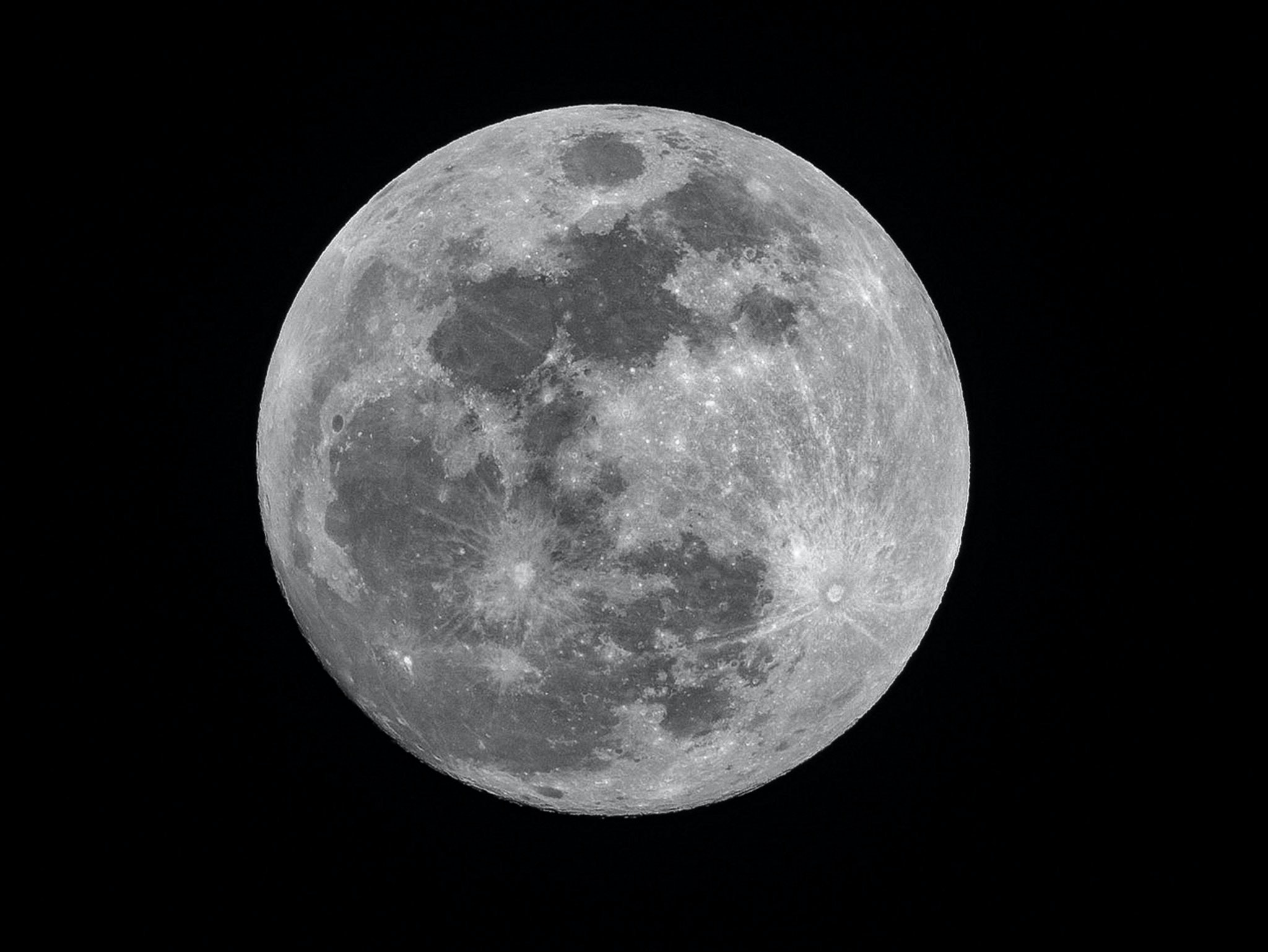The Full Moon Bible Meaning: Unveiling the Mysteries
The full moon is a celestial phenomenon that has captivated humanity for millennia. Its beauty and ethereal glow have inspired countless poems, songs, and works of art. But beyond its aesthetic appeal, the full moon also holds great significance in various cultures, including religious texts like the Bible.
Understanding the Symbolism of the Moon in the Bible
In the Bible, the moon is often used as a symbol to convey various spiritual concepts. It represents light in the darkness, guidance, and a reflection of divine attributes. The moon’s cycle, particularly the full moon, is often associated with significant events and teachings in the Bible.
1. The Creation Story
In the book of Genesis, God created the sun, moon, and stars on the fourth day of creation. The moon is described as “the lesser light to govern the night” (Genesis 1:16, NIV). Its role as a source of light during the night signifies divine provision and guidance even in times of darkness.
Throughout the Bible, light is often used metaphorically to represent spiritual illumination and God’s presence. The full moon, with its radiant glow, symbolizes the fullness of divine revelation and enlightenment.
2. Jewish Festivals and Lunar Calendar
In Jewish tradition, the lunar calendar plays a significant role in determining the dates of various festivals and religious observances. The start of each lunar month is marked by the appearance of the new moon. The fifteenth day of each month, coinciding with the full moon, holds special significance.
One notable festival tied to the lunar calendar is Passover. It begins on the fifteenth day of the month of Nisan, which is always celebrated during the full moon. Passover commemorates the liberation of the Israelites from slavery in Egypt and is an essential observance in Judaism.
By following the lunar calendar for their festivals, the Jewish people honor the divine ordering of time and the cyclical nature of life.
3. Symbolism in the New Testament
In the New Testament, the full moon is often associated with significant events in Jesus’ life and teachings.
One such event is the Last Supper, which took place during the Passover festival. As mentioned earlier, Passover is celebrated during the full moon. During the Last Supper, Jesus established the sacrament of communion, creating a symbolic link between the full moon, the Passover feast, and his sacrifice for humanity.
Another significant event tied to the full moon is the crucifixion of Jesus. The Gospels mention that Jesus was crucified and died on the preparation day for the Passover, which was the day before the Passover Sabbath. This timing implies that the crucifixion occurred around the time of the full moon.
The full moon is also mentioned in the context of eschatological teachings in the New Testament. In the book of Revelation, when John describes the end times and the return of Jesus, he uses cosmic imagery, including the moon. The darkening or turning to blood of the moon symbolizes cosmic disturbances and events of great magnitude.
Symbolic Meanings Associated with the Full Moon
Beyond its biblical references, the full moon holds various symbolic meanings in different cultures and belief systems. Here are a few interpretations:
1. Wholeness and Completion
The full moon represents completeness, as it marks the midpoint of the moon’s cycle. It is a time of culmination, where intentions set during the new moon come to fruition. As the moon’s illuminated face reaches its fullest potential, it reminds us of our own capacity for growth and fulfillment.
2. Emotional Energy and Enlightenment
The full moon has often been associated with heightened emotional energy and spiritual enlightenment. During this time, emotions may surface more intensely, providing an opportunity for self-reflection and personal growth. The full moon illuminates our inner selves, revealing insights and deepening our connection to the divine.
3. Lunar Goddesses
In many ancient cultures, the full moon was associated with lunar goddesses representing fertility, femininity, and wisdom. These goddesses were often revered as protectors and guides, offering strength and intuition to those who sought their blessings.
Conclusion
The full moon holds rich symbolism in the Bible, representing divine illumination, guidance, and significant events. It serves as a reminder of the cyclical nature of time, the interplay between light and darkness, and the fulfillment of divine plans. Additionally, the full moon carries symbolic meanings of wholeness, emotional energy, and connection to the divine in various cultural contexts.
As we gaze upon the full moon, let us appreciate its beauty, contemplate its deeper meanings, and find inspiration in the divine mysteries it unveils.
Table of Contents
